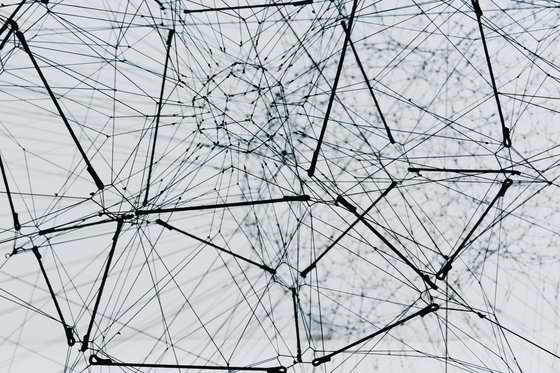One of the perks of working for Global Campus is that we get one development day to be spent on an external project, at an external partner. And for that, Fabrizio as chosen the Applied Quantum Algorithms (AqA) group at Leiden University. Under the supervision of Professor Evert van Nieuwenburg, Fabrizio will focus on tackling one of artificial‑intelligence’s most critical challenges: sharply reducing the compute, time and energy demands of modern neural networks.
Deep learning has driven breakthroughs in language processing, computer vision, and multimodal applications. Yet these advances carry hidden costs—long training cycles, high infrastructure budgets, and a growing environmental footprint—that limit large‑scale, real‑world deployment.
Fabrizio, together with the AqA group, is exploring how geometric principles can inspire more efficient and adaptable network designs. Early results suggest that geometry‑guided methods may lower both data and computational requirements while opening new pathways toward sustainable AI.
In the next phases of the research he aims to address:
- Extend the approach to multimodal architectures: Apply the geometric framework to models handling text, image, and audio together.
- Investigate quantum‑inspired synergies: Examine how quantum‑algorithm concepts can enhance geometry‑driven designs.
- Build a theoretical foundation: Develop rigorous explanations for when and why geometry‑based techniques succeed, providing clear design guidelines.
Although still in its early stages, this collaboration points toward a class of neural networks that are efficient, transparent, and controllable, bringing AI closer to broad, real‑world adoption.

